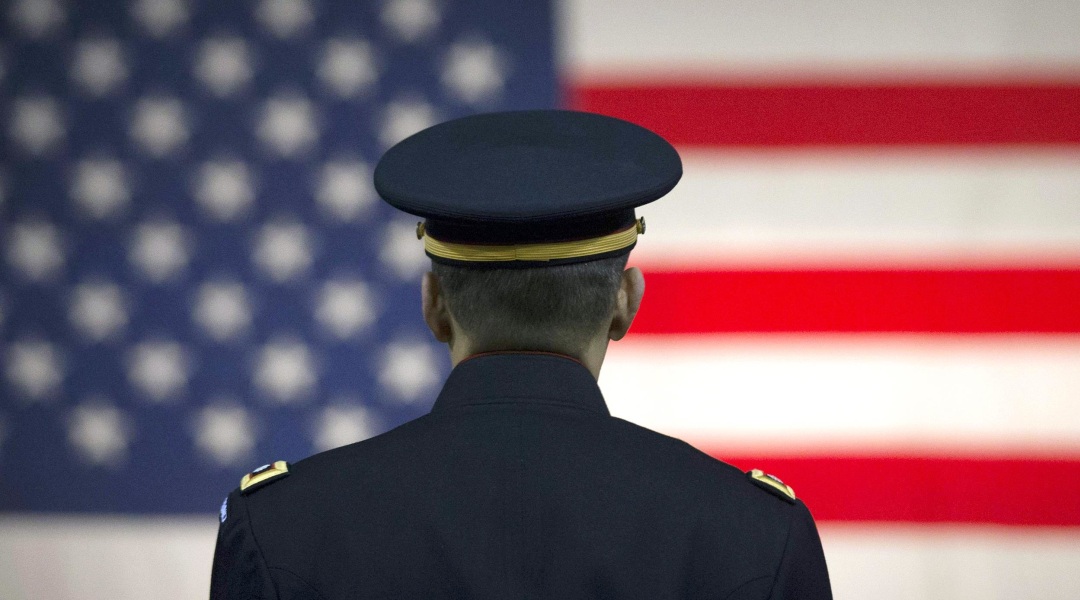 BRENDAN MCDERMID / Reuters
BRENDAN MCDERMID / Reuters Vets, Docs Worry Fort Hood Shootings Will Deepen PTSD Stigma
The
word “PTSD” had barely left the mouth of Fort Hood’s commander late
Wednesday when, across the nation, many veterans with those symptoms and
doctors who treat the malady understood they faced a renewed battle: a
resurgence of the stigma that comes with that diagnosis.
The
Fort Hood tragedy –- 16 wounded and four killed, including identified
shooter Ivan Lopez, a soldier being evaluated for PTSD –- is precisely
the type of event that makes combat veterans cringe. Many worry they’ll
be further mislabeled as dangerous time bombs, as the next to snap, and
that post-traumatic stress will again be misrepresented and
misunderstood as a condition that sparks public, violent outbursts.
“That
is not what post-traumatic stress is or what it does,” said Ingrid
Herrera-Yee, a clinical psychologist in the Washington, D.C. area who
treats veterans diagnosed with Post Traumatic Stress Disorder and other
mental health issues as well as their family members and civilians. Her
husband, Army National Guard Staff Sgt. Ian Yee, spent three combat
deployments in Iraq and Afghanistan.
“Yes,
there is anger and irritability (associated with PTSD), but it’s
usually internalized. You’re more likely to see it as someone who is
withdrawn, anxious and numb, who’s lost interest in life. Some veterans
explain it to me this way: ‘The last thing you want is to go out and
lash out,” said Herrera-Yee, adding: “Just like any victims of a trauma
–- rape or domestic violence -– they can become fearful of their
surroundings, but they’re not going to react angrily toward their
surroundings. For them, it’s all about avoidance.”
"You’re more likely to see it as someone who is withdrawn, anxious and numb, who’s lost interest in life. Some veterans explain it to me this way: ‘The last thing you want is to go out and lash out.'"
For
years, Pentagon brass and branch commanders have urged troops and
veterans to seek mental-health help if they feel the need, while
repeating the message that, if they do see a doctor, they will not be
viewed as weak but as strong. That campaign seems to have finally dented
the macho-military mantra that every soldier can handle his or her own
business. Many veterans are turning to doctors to begin addressing
post-service anxiety issues, often fueled by repeated or long
deployments.


No comments:
Post a Comment
Hello and thank you for visiting my blog. Please share your thoughts and leave a comment :)